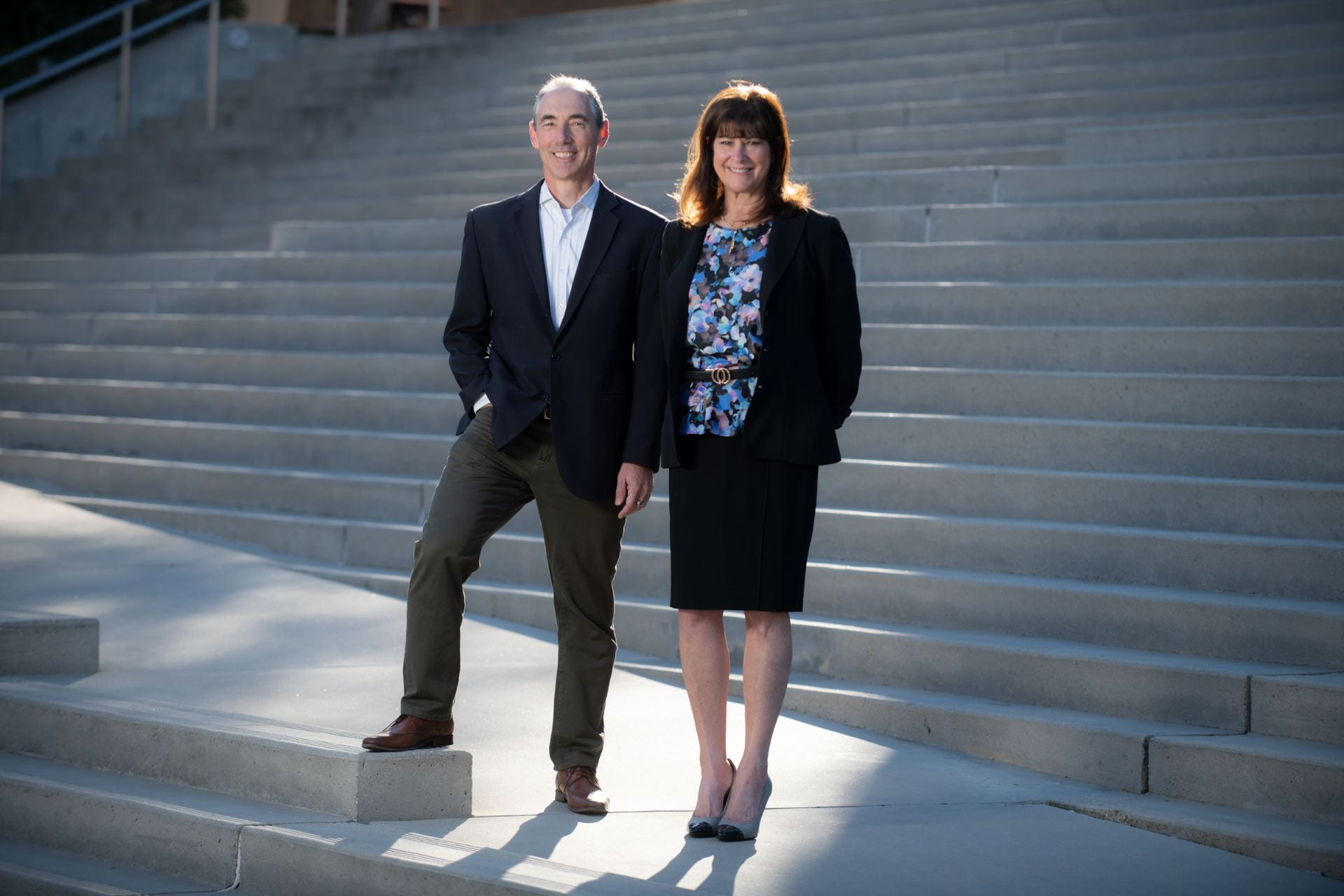UC Irvine Chancellor Drake urges President Obama to close innovation gap
Deeply concerned about major federal budgets cuts to research and higher education at a time when other nations are steadily increasing investments in those areas, UC Irvine Chancellor Michael V. Drake today joined more than 150 other university leaders in calling on Washington to close the innovation deficit.
Irvine, Calif., July 31 2013 – Deeply concerned about major federal budgets cuts to research and higher education at a time when other nations are steadily increasing investments in those areas, UC Irvine Chancellor Michael V. Drake today joined more than 150 other university leaders in calling on Washington to close the innovation deficit.
The open letter to President Obama and Congress published as an advertisement today in the influential Washington, DC publication, Politico, stated that closing the widening gap between needed and actual investments in research and education – must be a national imperative. Higher education leaders noted that such investments lead to innovation and new technologies that power the nation’s economy, create jobs, and reduce the budget deficit while ensuring the U.S. maintains its role as global leader.
“Throughout our history, this nation has kept the promise of a better tomorrow to each generation,” Drake and his colleagues wrote. “This has been possible because of our economic prosperity based in large part on America’s role as global innovation leader. Failing to deal with the innovation deficit will pass to future generations the burdens of lost leadership in innovation, economic decline, and limited job opportunities. We call upon you to reject unsound budget cuts and recommit to strong and sustained investments in research and education. Only then can we ensure that our nation’s promise of a better tomorrow endures.”
Economists agree that more than half of U.S. economic growth since World War II is a consequence of technological advances, many of which have resulted from federally-funded scientific research conducted at U.S. universities. Such groundbreaking research has led to life-saving vaccines, lasers, MRI, touchscreens, GPS, the Internet, and many other discoveries that improve lives and generate new sectors of our economy.
University leaders pointed out that the rate of growth of U.S. research and development investments has been outstripped by those of China, Singapore, and South Korea by two to four times in the last two decades – investments those countries made largely because they recognized the benefits the U.S. has reaped from innovation in the past.
The university leaders’ initiative comes as Congress faces annual funding bills, the debt limit, and measures to eliminate or modify the deep across-the-board spending cuts forced by sequestration. While the legislative path for those measures remains unclear, the presidents and chancellors noted that targeted investments in research and higher education can and should be made regardless of overall funding levels because they are key sources of long-term economic growth and fiscal stability.
Universities represented in the letter are members of the Association of American Universities and/or the Association of Public and Land-grant Universities. UC Irvine is a member of both. The entire letter can be seen at http://www.innovationdeficit.org.
###
About the University of California, Irvine: Located in coastal Orange County, near a thriving high-tech hub in one of the nation’s safest cities, UC Irvine was founded in 1965. One of only 62 members of the Association of American Universities, it’s ranked first among U.S. universities under 50 years old by the London-based Times Higher Education. The campus has produced three Nobel laureates and is known for its academic achievement, premier research, innovation and anteater mascot. Led by Chancellor Michael Drake since 2005, UC Irvine has more than 28,000 students and offers 192 degree programs. It’s Orange County’s second-largest employer, contributing $4.3 billion annually to the local economy.
Media access: UC Irvine maintains an online directory of faculty available as experts to the media at http://communications.uci.edu/for-journalists/experts/. Radio programs/stations may, for a fee, use an on-campus ISDN line to interview UC Irvine faculty and experts, subject to availability and university approval. For more UC Irvine news, visit wp.communications.uci.edu. Additional resources for journalists may be found at communications.uci.edu/for-journalists.
###
UCI maintains an online directory of faculty available as experts to the media. To access, visit http://communications.uci.edu/for-journalists/experts/.

